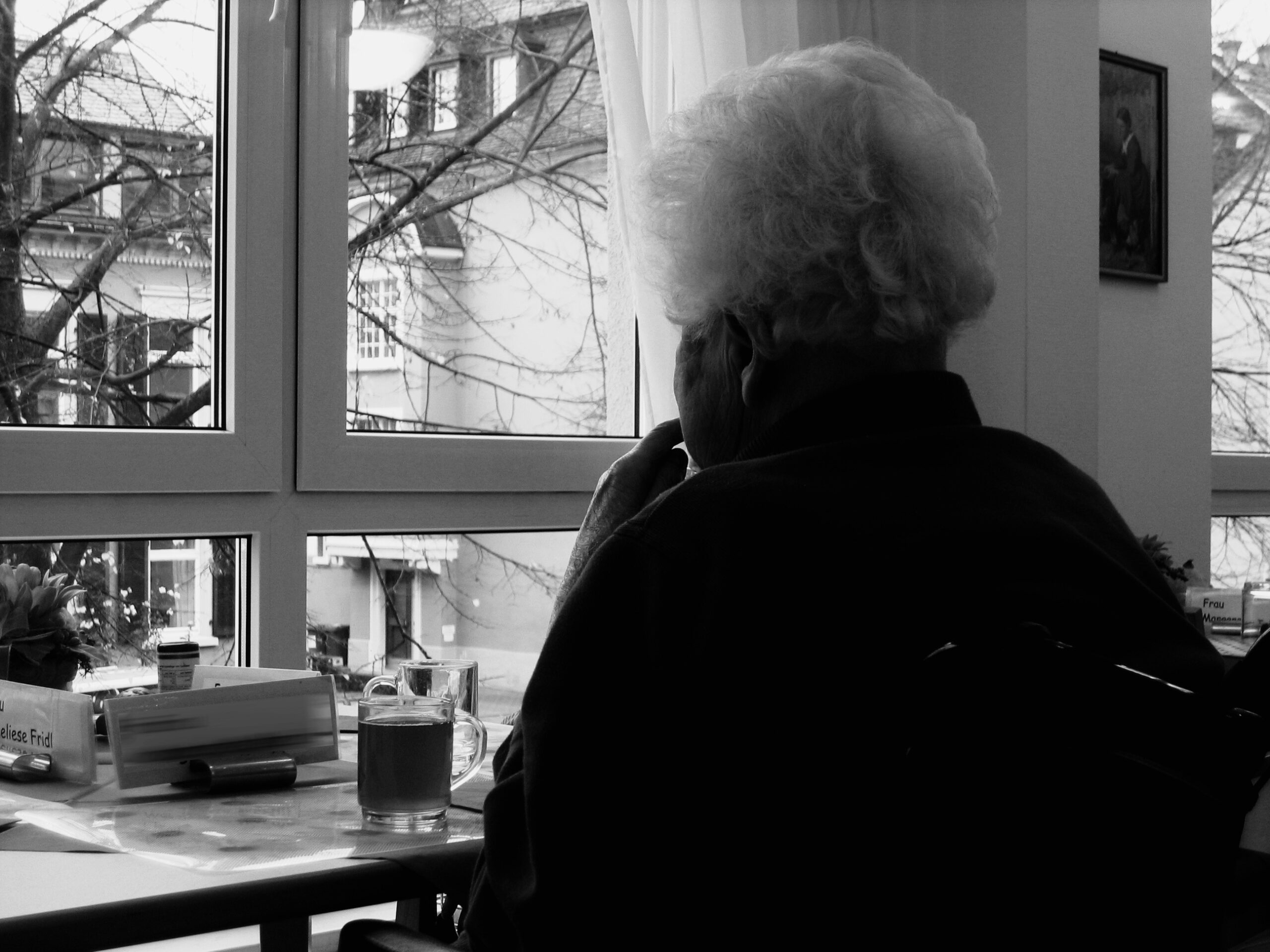National regulator has approved plans for use of app – which is designed to analyse small facial expressions of those with cognitive challenges – to be tested in 15 facilities across Scotland
Scotland’s care regulator has announced trials of an AI pain-assessment tool will take place in 15 care homes across the country.
Launched in 2016, the PainChek app is intended to help of those with cognitive difficulties, such as people diagnosed with dementia, by analysing facial expressions to detect pain that might otherwise be missed by medical professionals.
Talking to healthcare.scot, a spokesperson for the Care Inspectorate said: “We welcome the use of innovation and technology to help support people to experience the best possible care. This device should enable more appropriate use of medication and improved quality of life for care home residents.”
Related content
- Making digital dementia-friendly
- NHS digital check-ups for over 40s scheduled to launch next year
- Trials to monitor smart meter data in elderly care
A six-month pilot study reportedly delivered a 40% decrease in falls suffered by participants. Other results included an increase in the amount of completed pain assessments as well decrease in prescriptions of pain medication.
The second phase aims to gather more data on the tool’s effect on pain assessment and quality of care.
According to the governmental agency, the tests will have different settings, service types, user groups and locations.
Also speaking to healthcare.scot, Tandeep Gill, PainChek’s head of business development UK&I, said: “Using PainChek, carers can record meaningful pain data, allowing them to address the shortfalls in pain documentation and treat pain according to evidence-based pain management practices, as well as use the data to plan person-centred, long-term care. In addition, relatives can rest assured that their loved one is comfortable, and their pain is being managed and treated effectively and appropriately.”
It is estimated that 90,000 people in Scotland have dementia, and it is hoped that this breakthrough could mean a significant step forward in managing the disease.
By providing a more accurate diagnosis, the app could also lift the burden for care staff, “improving job satisfaction”, and allowing for more staff-patient interaction time, said Gill.
The spokesperson for the Care Inspectorate said the device may eventually “support detection of pain in young children unable to communicate effectively”.





These days of austerity along with relative anxiety about taking on debt, some people balk up against the idea of utilizing a credit card in order to make acquisition of merchandise or even pay for a holiday, preferring, instead just to rely on the actual tried as well as trusted method of making repayment – cash. However, if you have the cash available to make the purchase in whole, then, paradoxically, this is the best time for them to use the credit cards for several motives.
You can certainly see your expertise in the work you write. The world hopes for even more passionate writers such as you who aren’t afraid to mention how they believe. All the time go after your heart.
I believe that avoiding ready-made foods is a first step in order to lose weight. They could taste fine, but refined foods have got very little vitamins and minerals, making you consume more in order to have enough power to get through the day. Should you be constantly consuming these foods, converting to whole grain products and other complex carbohydrates will let you have more electricity while taking in less. Good blog post.
You made some good points there. I looked on the internet for the issue and found most people will consent with your blog.
Please let me know if you’re looking for a writer for your site. You have some really good posts and I believe I would be a good asset. If you ever want to take some of the load off, I’d love to write some material for your blog in exchange for a link back to mine. Please blast me an e-mail if interested. Thank you!
Superb post but I was wanting to know if you could write a litte more on this topic? I’d be very thankful if you could elaborate a little bit more. Thanks!
Today, considering the fast life-style that everyone leads, credit cards have a huge demand throughout the economy. Persons throughout every area of life are using credit card and people who aren’t using the card have made arrangements to apply for one in particular. Thanks for revealing your ideas on credit cards.
I have observed that over the course of making a relationship with real estate managers, you’ll be able to get them to understand that, in each and every real estate financial transaction, a commission is paid. In the long run, FSBO sellers do not “save” the fee. Rather, they struggle to earn the commission by doing a agent’s occupation. In accomplishing this, they shell out their money along with time to complete, as best they will, the obligations of an realtor. Those obligations include revealing the home by way of marketing, introducing the home to all buyers, making a sense of buyer desperation in order to make prompt an offer, booking home inspections, handling qualification inspections with the lender, supervising fixes, and facilitating the closing.
Fantastic post however I was wondering if you could write a litte more on this subject? I’d be very grateful if you could elaborate a little bit more. Many thanks!
I’m still learning from you, while I’m trying to reach my goals. I definitely liked reading all that is written on your site.Keep the stories coming. I enjoyed it!